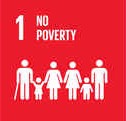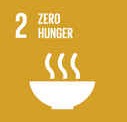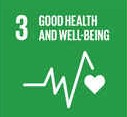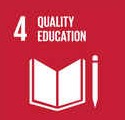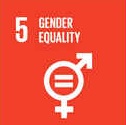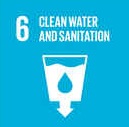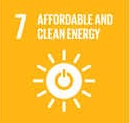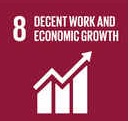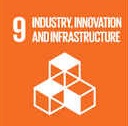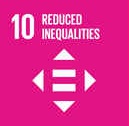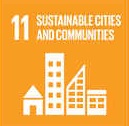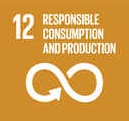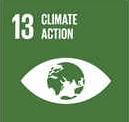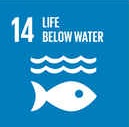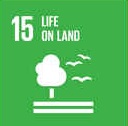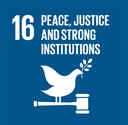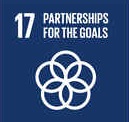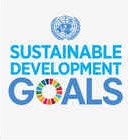|
SDG 5 - UN
Please use our A-Z INDEX to navigate this site, or our HOMEPAGE
|
|
FOR OUR CHILDREN - The UN sustainability development goals are designed to build a better world for next generations to come. Mankind has come a long way in a very short time. We are only just becoming self-aware in relation to the harm we are causing and the lack of safety nets for our future. The SDGs are international aims that are designed to repair planet earth to make it fit for purpose in supporting all life in a way that ensures the continued survival of species. These goals address the global challenges we face, including those related to poverty, inequality, climate, environmental degradation, prosperity, peace and injustice. The Goals interconnect and in order to leave no one behind, it is important that we do our utmost to achieve each Goal and target by 2030.
UN SUSTAINABILITY DEVELOPMENT GOAL 5: GENDER EQUALITY
While the world has achieved progress towards gender equality and women’s empowerment under the Millennium Development Goals (including equal access to primary education between girls and boys), women and girls continue to suffer
discrimination and violence in every part of the world.
Gender equality should work both ways with equal protections for men, where in some more advanced countries such protection has gone the other way with laws that effectively give women the right to send men to prison without proof of any kind, just the say so of a female who may be hell bent of revenge or due to social inadequacies making false allegations, an example of which in the UK is the Sexual Offences Act 2003, implemented by David Blunkett. This Act turns trials in the UK as to allegations of a sexual nature into a witch hunt, where the accused is assumed to be guilty before entering the dock in violation of Article 6 of the European Convention of Human Rights and Fundamental Freedoms.
In addition, there is no right of appeal in the
United Kingdom and the European Court of Human Rights asserts that there
is an effective remedy (as per Article 13) when in fact the Criminal
Cases Review Commission (the only way back to the appeal court) also
operates a policy of discrimination, selectively referring cases to the
appeal court, but not referring other cases of virtually identical
nature and circumstances. In some such cases masonic
influence may have a bearing. Legal Aid funding cuts give the Crown
Prosecution Service the upper hand, while defendants who cannot afford
to fund cases privately do not have access to their own experts to
challenge forensic evidence, resulting in fraudulently obtained
convictions. The playing field should be level in any courtroom whereas
in Britain
they sometimes go to far as with the invention of concentration
camps during the Boer War.
There
must be balances and checks, where in developing countries women receive
a poor deal, but in developed countries equality is swinging the other
way and men sometimes receive a poor deal.
LINKS & REFERENCE
https://www.un.org/sustainabledevelopment/sustainable-development-goals/ https://www.un.org/sustainabledevelopment/globalpartnerships/ https://www.un.org/sustainabledevelopment/peace-justice/ https://www.un.org/sustainabledevelopment/biodiversity/ https://www.un.org/sustainabledevelopment/oceans/ https://www.un.org/sustainabledevelopment/climate-change-2/ https://www.un.org/sustainabledevelopment/sustainable-consumption-production/ https://www.un.org/sustainabledevelopment/sustainable-consumption-production/ https://www.un.org/sustainabledevelopment/cities/ https://www.un.org/sustainabledevelopment/inequality/ https://www.un.org/sustainabledevelopment/infrastructure-industrialization/ https://www.un.org/sustainabledevelopment/economic-growth/ https://www.un.org/sustainabledevelopment/water-and-sanitation/ https://www.un.org/sustainabledevelopment/energy/ https://www.un.org/sustainabledevelopment/gender-equality/ https://www.un.org/sustainabledevelopment/education/ https://www.un.org/sustainabledevelopment/health/ https://www.un.org/sustainabledevelopment/hunger/ https://www.un.org/sustainabledevelopment/poverty/
The 17 SDG headings that the UN hopes will make planet earth a better place to live on. They are a good starting point, but useless on their own, without direction as to how to make it happen. The way to make impact-full change is for every nation to pull together, Each country must play their part. If they are a great farming nation, they must farm sustainably. If they have forests in abundance, they must plant more trees. Houses should be carbon neutral, vehicles too, energy should be renewable, industrial units fit solar and windgens (if possible) and politicians be honest about their intentions.
|
|
|
Please use our A-Z INDEX to navigate this site, or our HOMEPAGE
This website is Copyright © 2021 Climate Change Trust & Injustice Alliance
|

